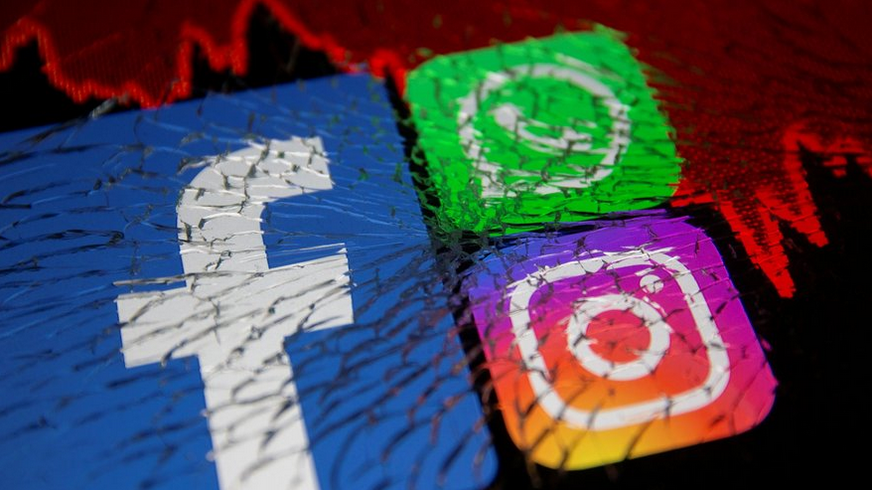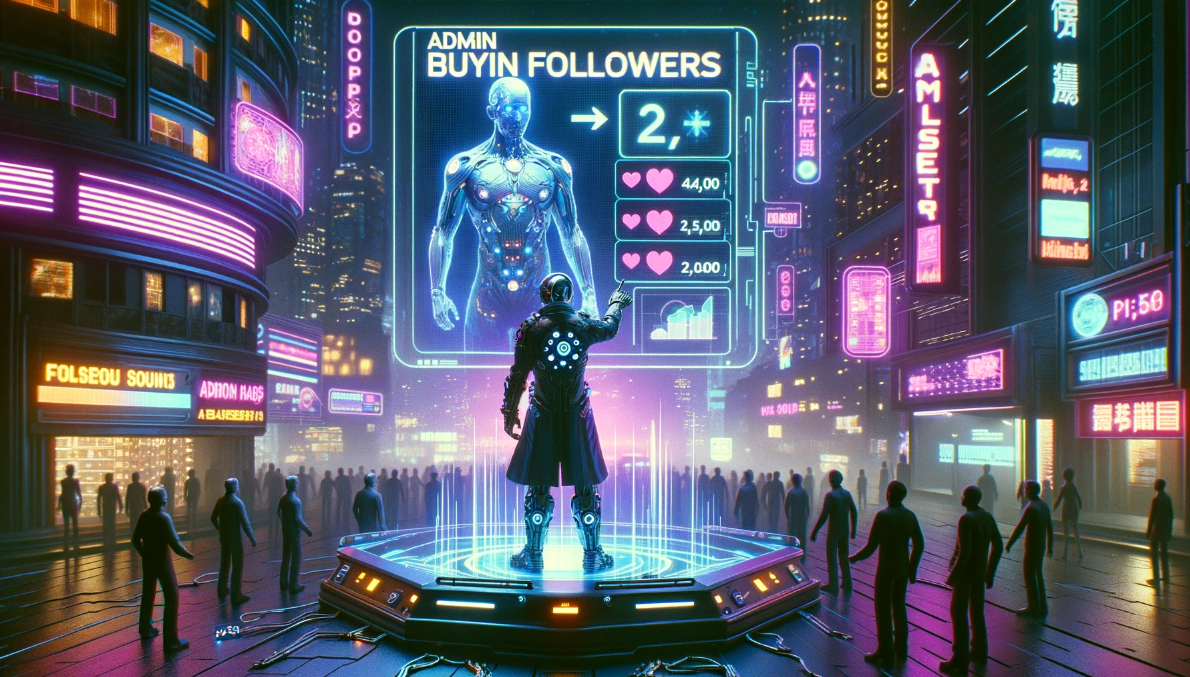
The age-old question is: what will we leave behind after we die? In the modern world, to physical property, digital assets have been added, and now usernames and passwords are bequeathed to loved ones. It may seem strange, but preparing such an inheritance is a completely rational step.
According to a study by the Oxford Internet Institute, in 50 years, the number of deceased Facebook users may exceed the number of living ones. Additionally, by the end of the century, the number of deceased users may reach nearly five billion. Have you thought about who will store, control, or delete your accounts when you're gone? If you don't think about it in time, most likely, no one will do it. But what's wrong with that? Firstly, social media accounts left without an owner can be hacked, which can be painful for friends and relatives. Secondly, the information contained in the account can be important to loved ones. They may want to make the account memorial, or, conversely, delete the account to avoid painful notifications.
What needs to be done to delete or turn a loved one's social media account into a memorial if the deceased did not leave their access data? This may require the deceased's email address and a link to the account or other profile information, a document confirming the identity of the deceased, and a death certificate, proof that relatives, and sometimes even your own ID. Additionally, companies can always request additional evidence.
Sites like Pinterest, Snapchat, YouTube, and Twitter categorically refuse to provide access information to the account, so the deceased's profile can only be deleted. Of course, only a relative or heir can do this.
Facebook and Instagram, on the other hand, offer to preserve the accounts of the deceased. This means that the account will continue to exist but will serve as a virtual memorial to the deceased owner, and no one will manage it. Such an account will visually resemble others on Instagram and Facebook, but now "in memory of" will be written before the person's name. For example, friends and relatives on Facebook can still post messages in the feed, but they will not receive a birthday reminder, and the deceased person will not be shown to other users in recommendations. The content that was posted in the profile will remain. But if you do not want to keep the account, the profile on Instagram and Facebook can also be deleted.
To save loved ones the hassle and paperwork, you can prepare for this event in advance. For example, in Facebook settings, each user can choose their "heir." This should be a person with an active Facebook account who, in the event of the death of the trustee, can make posts in the feed, for example, publish the last will, change the profile and background images, and also request the deletion of the account. This does not mean that the digital heir will be able to freely view the entrusted account — they will not have access to correspondence, will not be able to delete or add new friends. The same happens on YouTube (parent company — Google), where most accounts are linked to Gmail profiles. Google users can use the Inactive Account Manager tool to choose what will happen to their accounts after a certain period of inactivity. The tool also offers to send certain data (such as usernames and passwords) to selected contacts.
You can document your online accounts in a password manager. This is a program that securely stores all usernames and passwords, credit card data, and other confidential information. Many password managers allow you to choose in the settings whether you want to reveal all or only certain passwords to trusted persons.
Another way to manage digital heritage is to create a document with a list of all usernames and passwords for your accounts. This can be a physical document, a hard drive, or a password-protected cloud storage, which must be handed over to a trusted person.
The European Union's data protection regulation also does not protect the data of the deceased and does not regulate issues related to the inviolability of private life after death. Moreover, there is a difference between traditional inheritance laws and the rules of social networks, such as Twitter, which generally prohibit managing the account of a deceased person. That's why it's so important to take care of your digital legacy.



